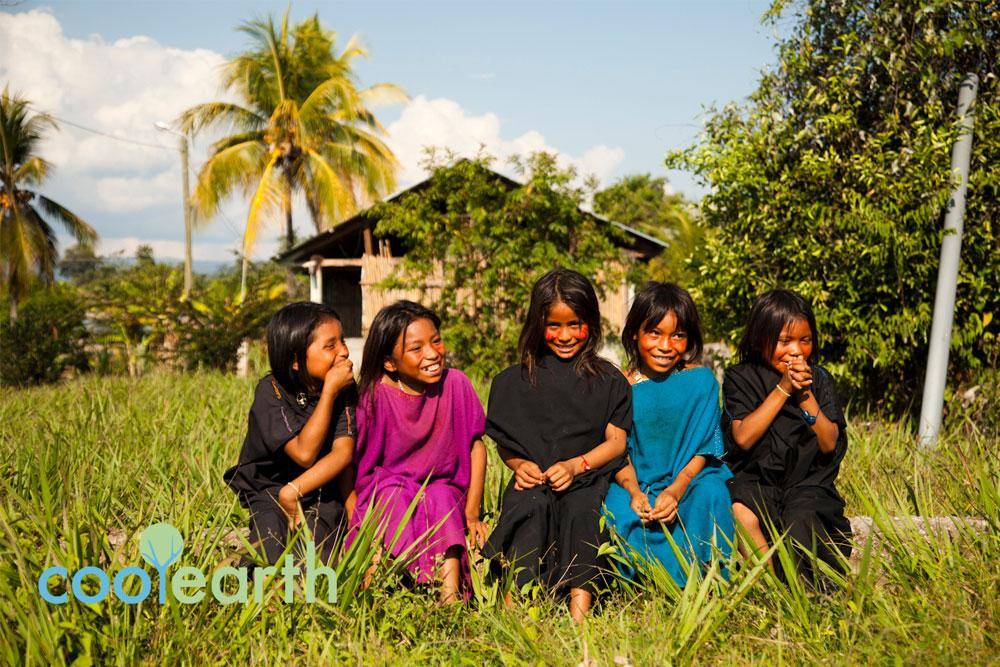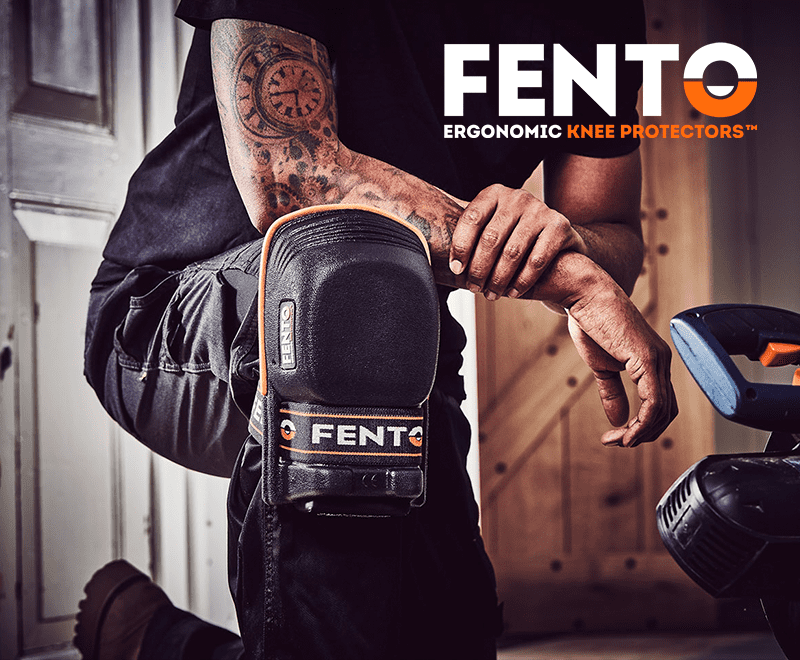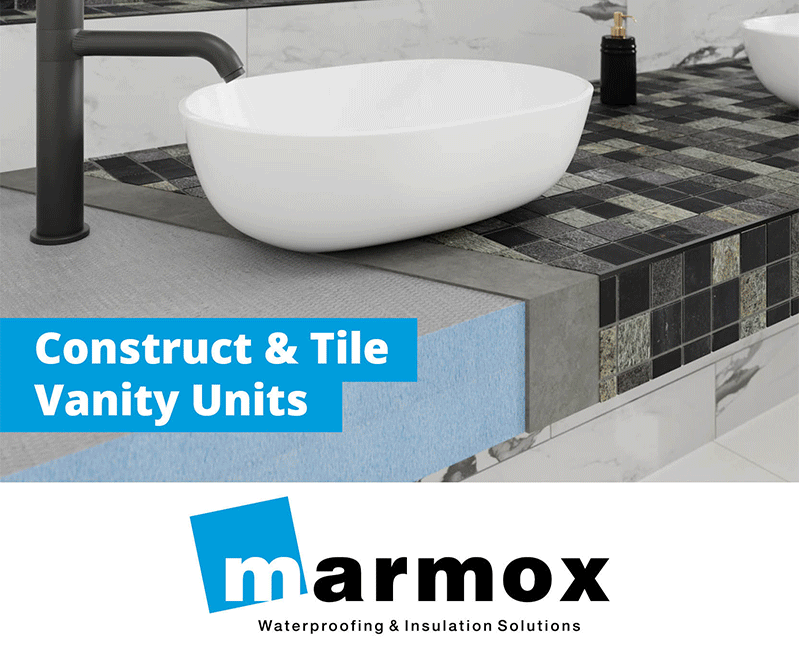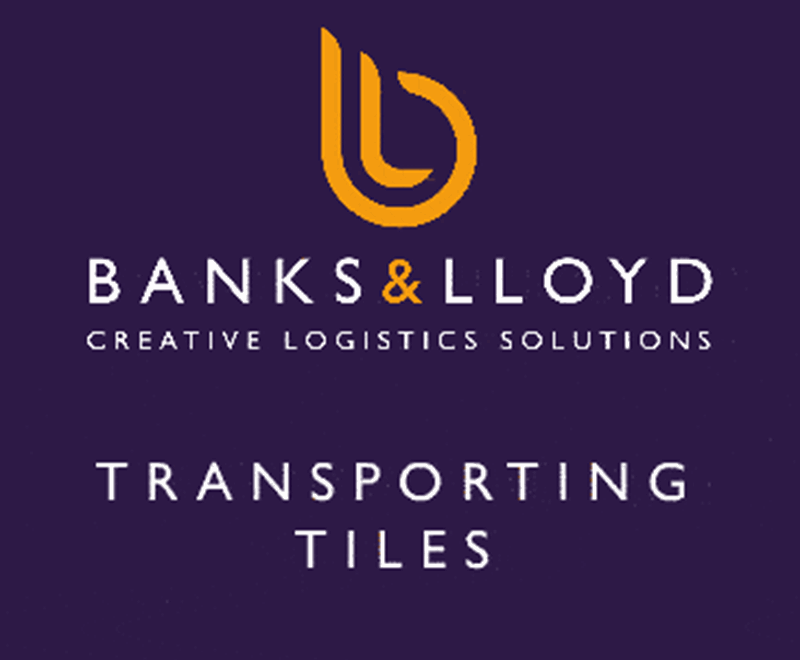From material sourcing through to product launch, sustainability is a key focus for the Ardex Group UK in all its processes, the company says.
The group, through its brands including BAL and Ardex, says its core objective is to reduce its impact on the environment through sustainable sourcing of materials, recycling, and waste reduction.
Ultimately, the group’s aim is to be carbon neutral by 2040 through a series of initiatives, and carbon neutral for scope 1 and 2 by 2030.
Currently, 100% of electricity the company uses on-site comes from renewable sources. It has installed electric vehicle charging points at both of its UK manufacturing sites and is introducing electric or renewable fuel company vehicles.
The company is in the process of converting all of its diesel forklifts to electric, with the project nearing completion. Its warehouses use LED lighting which reportedly saves more than 45500kwh per year.
Ardex says its products reduce lifetime build costs and product waste, owing to their longer guaranteed working lifetimes. The company’s product development programme emphasises high-yield and lower cement consumption materials, and it has recently increased its use of recycled raw materials (including 6% of all raw materials consumed). 100% of the cement used in its products is sourced from the UK or EU.
The group has made a conscious effort to reduce its use of “virgin” plastics, with 62% of all its plastic buckets and bottles now produced using PCR (post-consumer recycled) plastics, and 92% of the pallets used in its deliveries are recycled.
All of the group’s products are subject to environmental product declarations, which report their environmental impact, and it is also working towards full EN standard approval with BREEAM. Its core products also have EMICODE approval, with the rest of its products currently in the approval process. This mark allows customers and installers to compare and evaluate the emission characteristics of its products.
In the UK, the Ardex Group is accredited with internationally recognised environmental standards including BSI ISO 14001:2015 Environmental Management and 14064-1: 2005 Greenhouse Gas Verification. To achieve this standard, the company worked with an independent consultancy to measure its GHG emissions and create strategies to manage and continually reduce impacts.
David Shephard, Ardex Group UK operations director and sustainability lead says: “The key to our reduction commitment must be honesty and transparency, which is why it is important to achieve independent and impartial verification through established and recognised accreditation. The standard and its tools have become an integral aspect in us delivering upon our promises to reduce emissions and meeting our targets.
“The achievement of Part 1 of the standard will provide a platform to more challenging research and development innovation as the companies prepare to take on the challenge of products containing less carbon output when we venture into ISO 14064-02, a future aspiration. In return all our efforts will assist us in successful delivery of our ambitious Carbon Neutral plans by 2030 (scope 1 and 2).”
The company is implementing various initiatives to hit its target of being carbon neutral by 2040. These include installing solar panels to generate its own electricity, sending zero waste to landfill, reducing its plastic usage by a further 40%, a 10% cement substitution across its product range, and ensuring all its company cars are electric or use carbon neutral fuel.
In addition to its in-house sustainability program, the UK group also supports external environmental groups with BAL’s charitable partnership with Cool Earth – a charity which works alongside rainforest communities to halt deforestation and its impacts on climate change.
www.bal-adhesives.com








